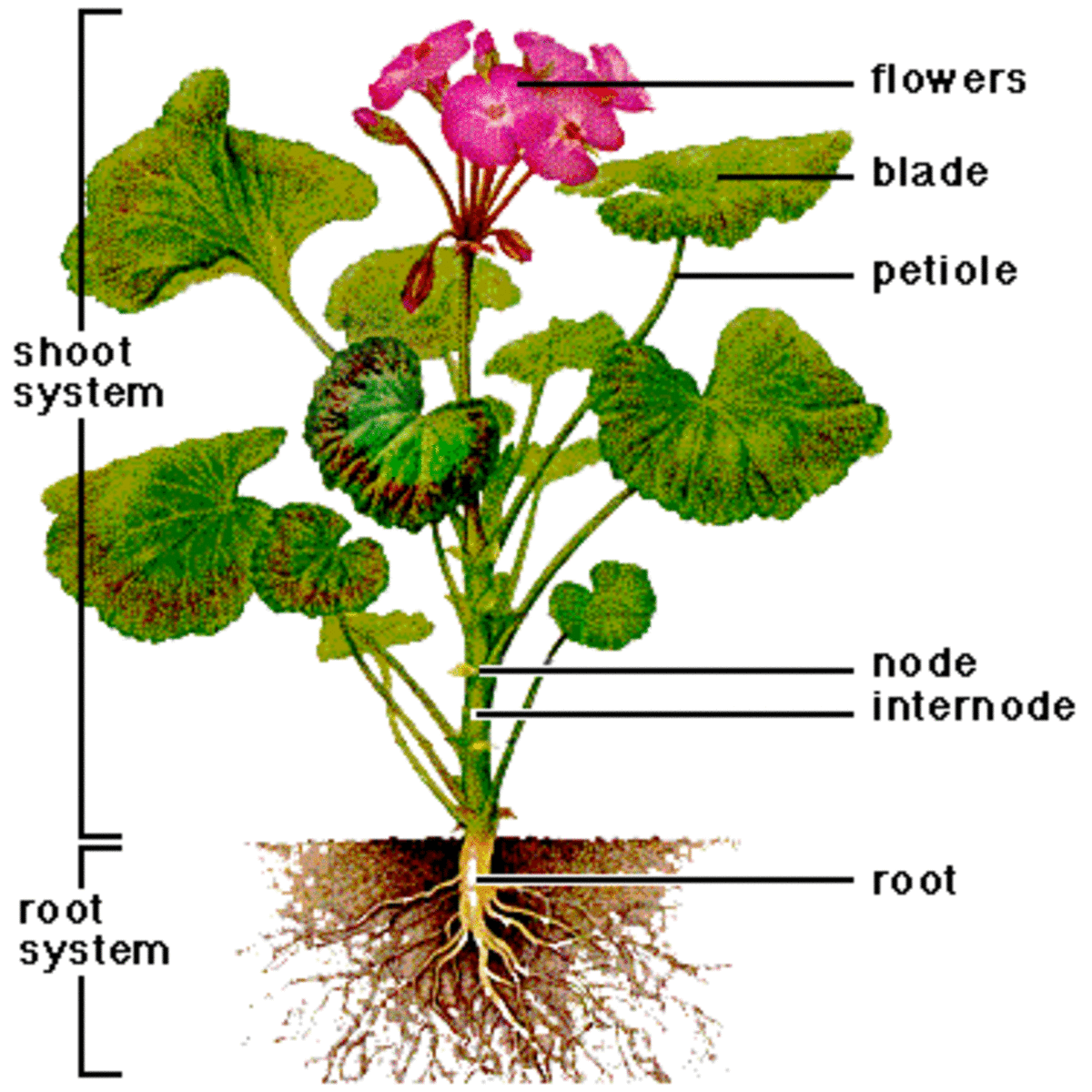Using Webquests in the Science Classroom

Science classrooms, by definition, should be places of inquiry. Science is inquiry. Hypothesis, experiment, conclusion.
This makes sciences a perfect place to use webquests. These internet lessons let you incorporate technology into the classroom, engage your students in inquiry, and give you kids a chance to satisfy their curiosity. In a lot of ways, it's a win-win-win situation. So why wouldn't you want to use webquests in the science classroom?
What Are Webquests?
First things first. Let's make sure that you know what a webquest is. It's a specific framework for planning an internet-based classroom activity. It revolves around a task and a set of online resources.

A webquest consists of a a series of webpages and steps. This varies a bit, but here are the usual parts.
- It starts with an intro. Get people interested in the webquest with a question, a prompt, a picture, a video, or something along those lines.
- Define the task. What are students going to do? And make sure it's inquiry based, problem based, or project based.
- Explain the process. Step by step, how are students going to complete their task? What resources are they going to use to do it?
- Share your evaluation criteria. How are students going to be assessed? Is there a rubric or a breakdown of points?
- Close with a conclusion. What should students have learned? How can they continue their learning?
If you need a more detailed explanation of what a webquest is, check out this Yahoo article. But essentially, it's a small series of webpages that take students through these steps.
Examples of Webquests for Science Classrooms
Now that we're on the same page about what a webquest is, let's look at two examples of webquests and how they can be used in a science classroom.
The first example is a volcano webquest for elementary classrooms. In this webquest, students engage in a broad inquiry about volcanoes. There is a long list of resources, and students must peruse these in groups. They record items that are interesting to them, then go back and research half of these in a little more detail. Finally, students must choose one item to explain in depth to their classmates.
This is a great way to give students some freedom to explore. It's also a great activity for elementary school classrooms, where things often revolve around workstations. Even if you only had one or two computers in the classroom, you could rotate groups of students through the webquests while other students work on a math station or a reading station.
Our second example is a solar system webquest that is much more task oriented. In this science webquest, students have a specific set of facts and data they need to research about the planets in our solar system. This research is for a specific purpose, though. Students must create an accurate model of the planets and their orbits, and to do this they need to know about their sizes to create the model at the correct scale.
A lot of webquests are project oriented, and they involve creating something in the end. This is what makes them interesting and fun for students. Your job as a teacher is to develop a compelling task and then link it through the process to what you want the students to learn.
Start Using Webquests in Your Science Class
You know what they are and you have a few examples, so go on and start using them!
There are thousands upon thousands of science webquests on the Internet. Some are good, and some aren't. You can subscribe to this RSS feed for a curated list of some of the better ones available. It's updated weekly with new pages you might find useful in class.
Or, better yet, you can take an existing idea and create your own webquest! It's not hard to do; all you need is a free website like Wordpress. If you need help doing that, I'll be writing a hub about it in the next few weeks. So subscribe and check back to see when it's done!





